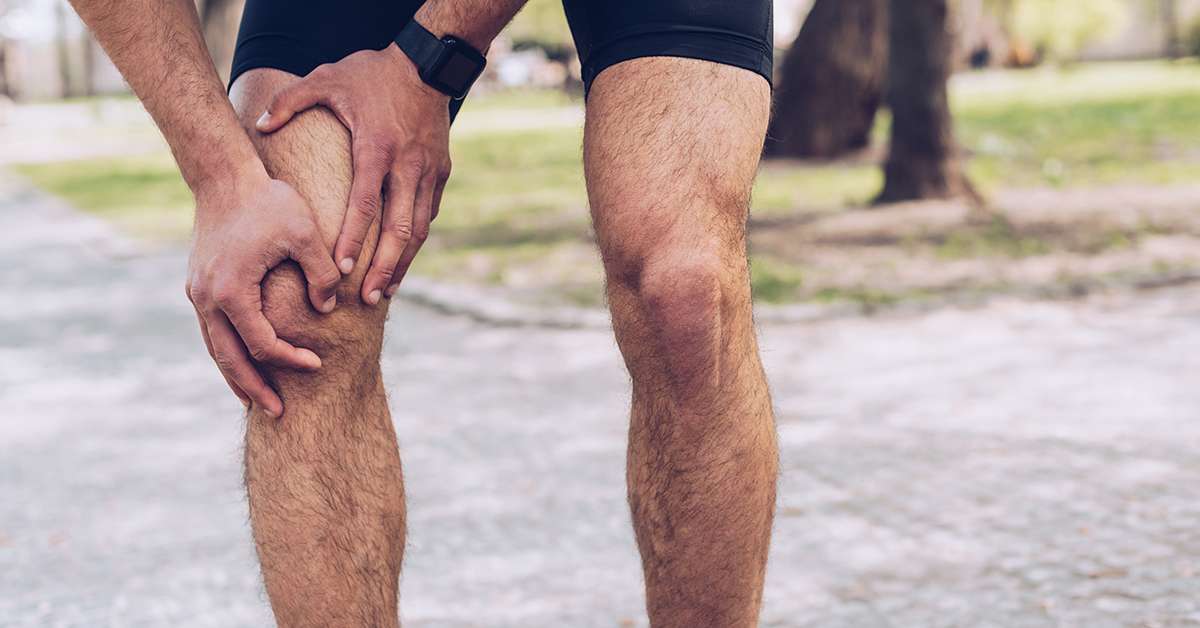
Experiencing Knee Pain? Here are the Common Causes
Knee pain is a common health condition that affects children, adults, and seniors. The good news is that it can often be treated with conservative measures like rest, ice, and compression. In some cases, however, surgery may be necessary.
If you're experiencing knee pain and unsure of why, it is in your best interest to familiarize yourself with some of the most common causes. Here's a list of reasons you may be facing acute or chronic knee pain.
Fractures
You may have knee pain if you break a bone in your knee. Fractures that stem from knee pain often come with symptoms like pain, swelling, and limited mobility. While treatment will depend on the severity of your fracture, rest and casting are typical.
ACL Injury
The anterior cruciate ligament (ACL) is one of the ligaments that connects your shinbone to your thighbone. If you play a sport that involves abrupt direction changes like soccer or basketball, you may face an ACL injury. While rest, ice, and physical therapy usually treat ACL injuries, surgery may be necessary in more serious cases.
Osteoarthritis
Known as the most common type of arthritis, osteoarthritis arises when the joints wear down over time. This condition is widely seen in older individuals, women, and those who are overweight or obese. Although there is no cure for osteoarthritis, medications, therapies, and procedures like cortisone injections and joint replacement surgery may relieve its symptoms.
Torn Meniscus
The meniscus is a tough cartilage in your knee that keeps it stable and protects your bones from wear and tear. You may tear your meniscus if you aggressively rotate or twist your knee. An abrupt turn or stop, heavy lifting, and deep squatting may result in a torn meniscus as well. Surgical repair is necessary when rest, ice, medication, and other conservative treatments deem to be ineffective.
Bursitis
The bursa is a tiny fluid file sac near your knee. If it becomes inflamed, you may experience bursitis. Bursitis is often the result of overuse activity, an infected bursa, ongoing pressure from an activity like kneeling, and arthritis-related complications. Treatment typically involves conservative measures aimed at relieving inflammation and pain.
If you are living with knee pain that interferes with the quality of your life, don't hesitate to seek medical attention. A doctor can diagnose your condition and design a treatment plan that steers you toward relief.

